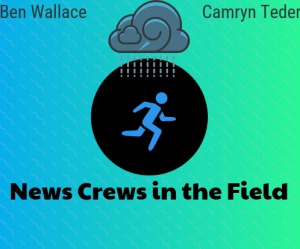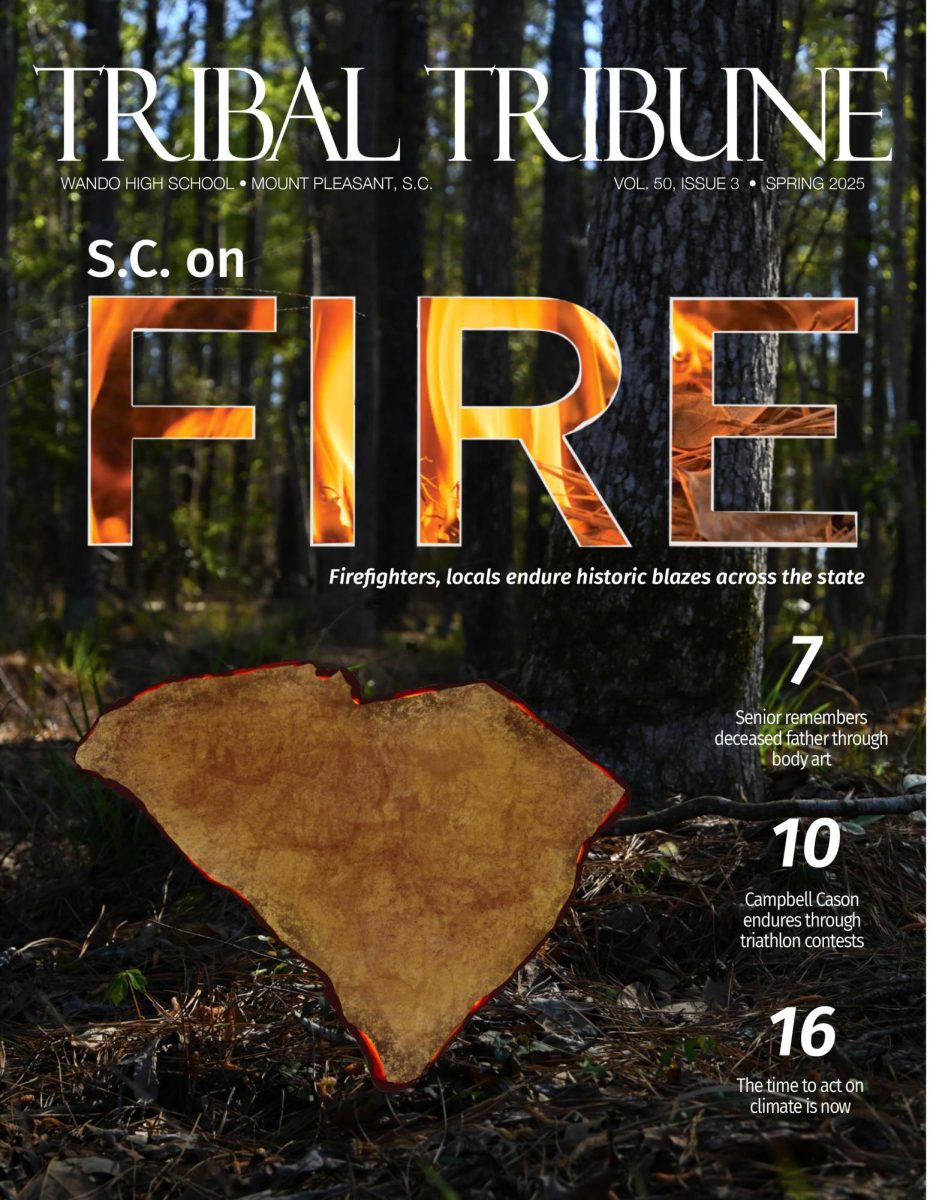First hand accounts of disasters help warn and advise the general public
September 29, 2018
Natural disasters are dangerous. I’m not here to say that hurricanes cannot be deadly, that wildfires are not potentially harmful, or that earthquakes can’t destroy homes. In spite of that, the argument that weathermen should not report disasters first hand is incorrect.
Bottom line, having news networks and weathermen in the field reporting on natural disasters can aid the general public. When a weather man or a news crew is in the field experiencing the conditions of a disaster, it alerts and warns the general public of potential danger coming their way.
For example, when Hurricane Matthew hit the Florida coast in 2016, news stations from all over the United States had crews on scene reporting wind speeds, damage and most importantly the loss of human life.
This not only informed the general public of the damage that Hurricane Matthew caused, but it also showed people that Hurricane Matthew was not something to ignore. It gave citizens an accurate representation of the dangers associated with a category three hurricane. It also provided citizens with a chance to evacuate in time and allowed individuals to make a plan for the potential damage that the storm could cause.
While there may be a lot of pros when discussing this topic it is important to recognize the potential for over exaggeration in news broadcast. One image that comes to mind when considering this con is the weatherman in Hurricane Florence. He was shown creating an illusion of strong winds when in reality the wind was rather lite.
Although this was an over exaggerated circumstance, the assistance that first hand accounts of natural disasters gives to citizens severally outweighs the potential for false news.









Voice over IP Dallas • Dec 7, 2018 at 3:02 AM
This is my first time i visit here. I found so many entertaining stuff in your blog, especially its discussion. From the tons of comments on your articles, I guess I am not the only one having all the enjoyment here! Keep up the good work.
Voice over IP Dallas